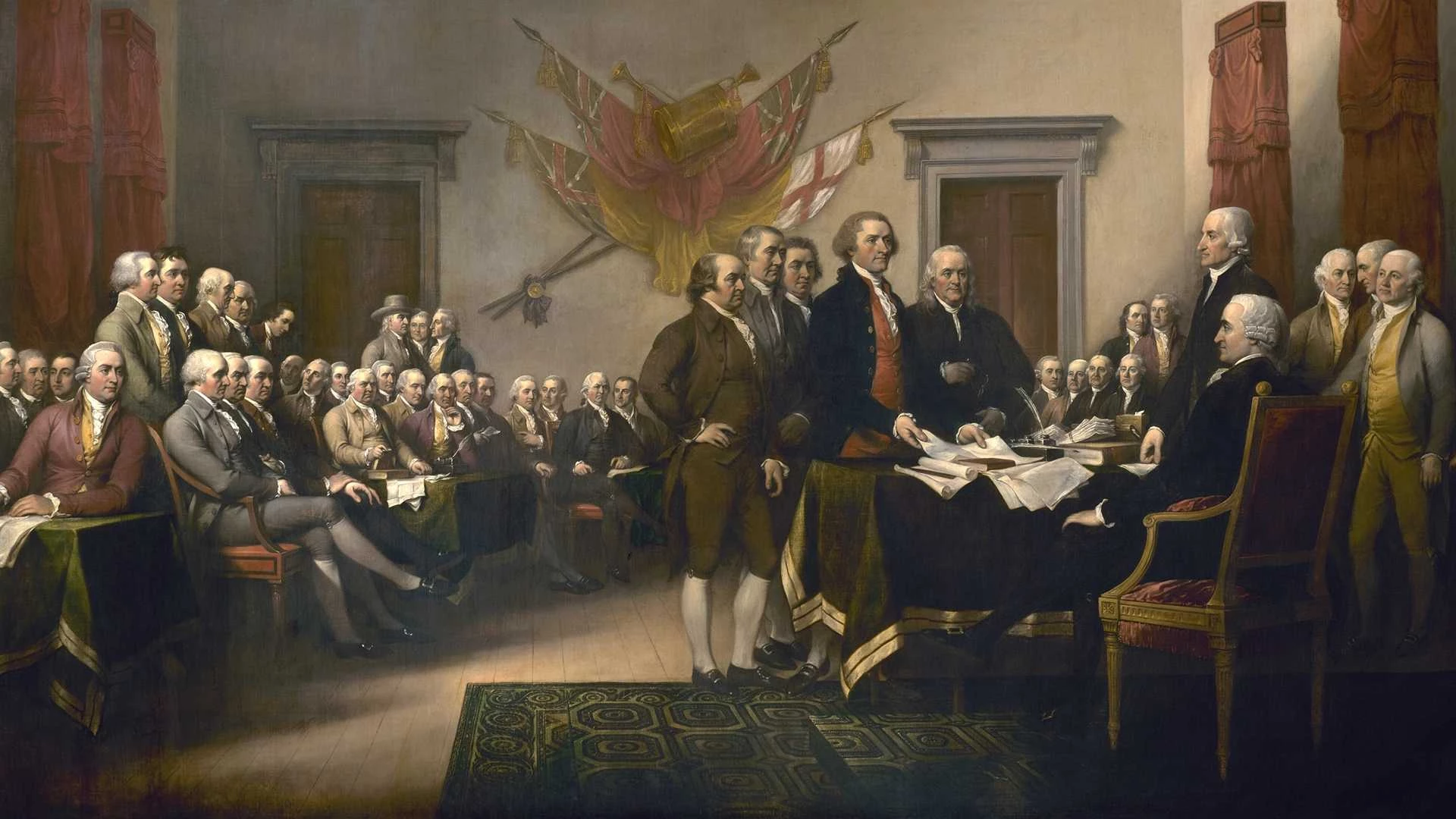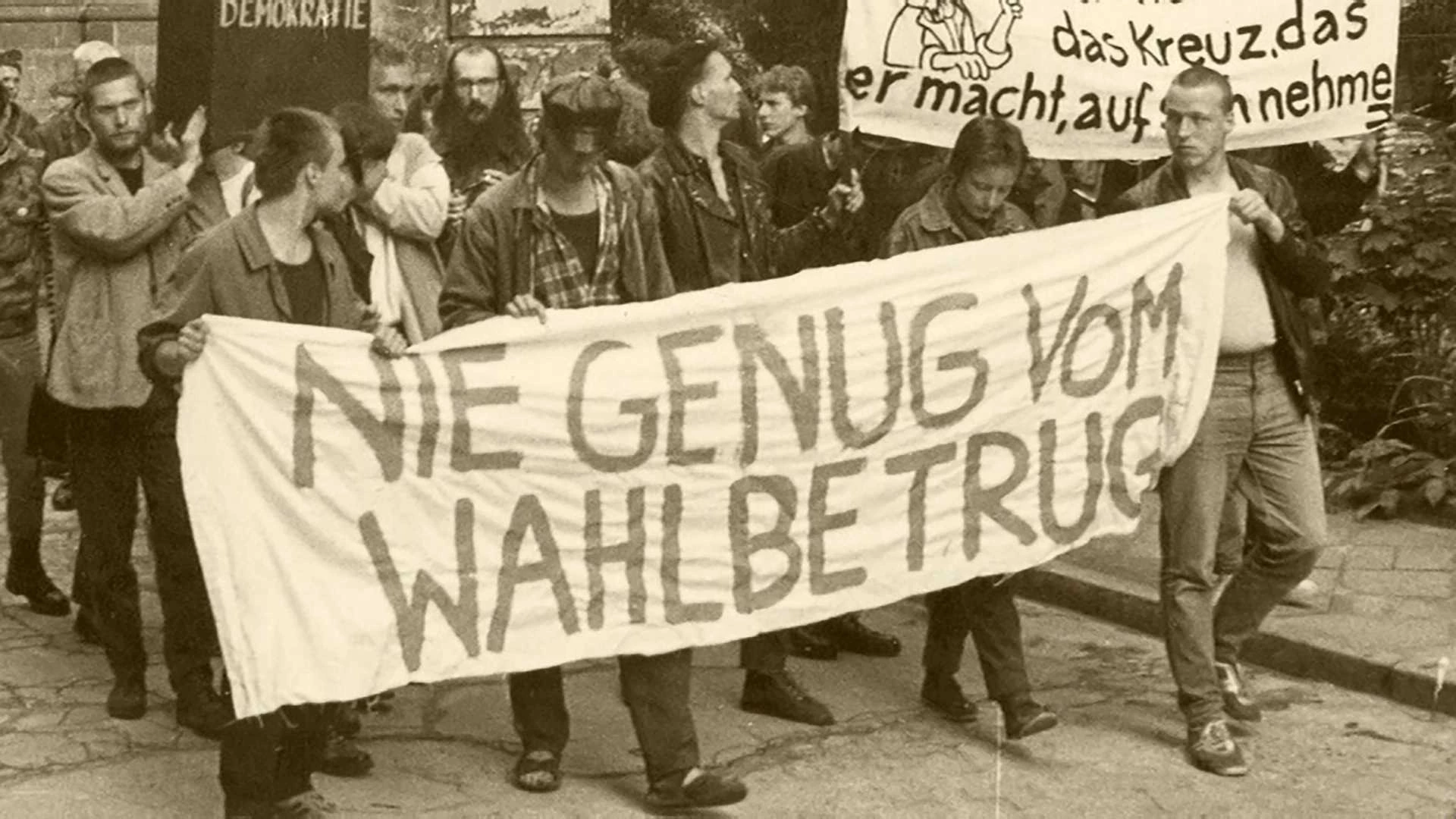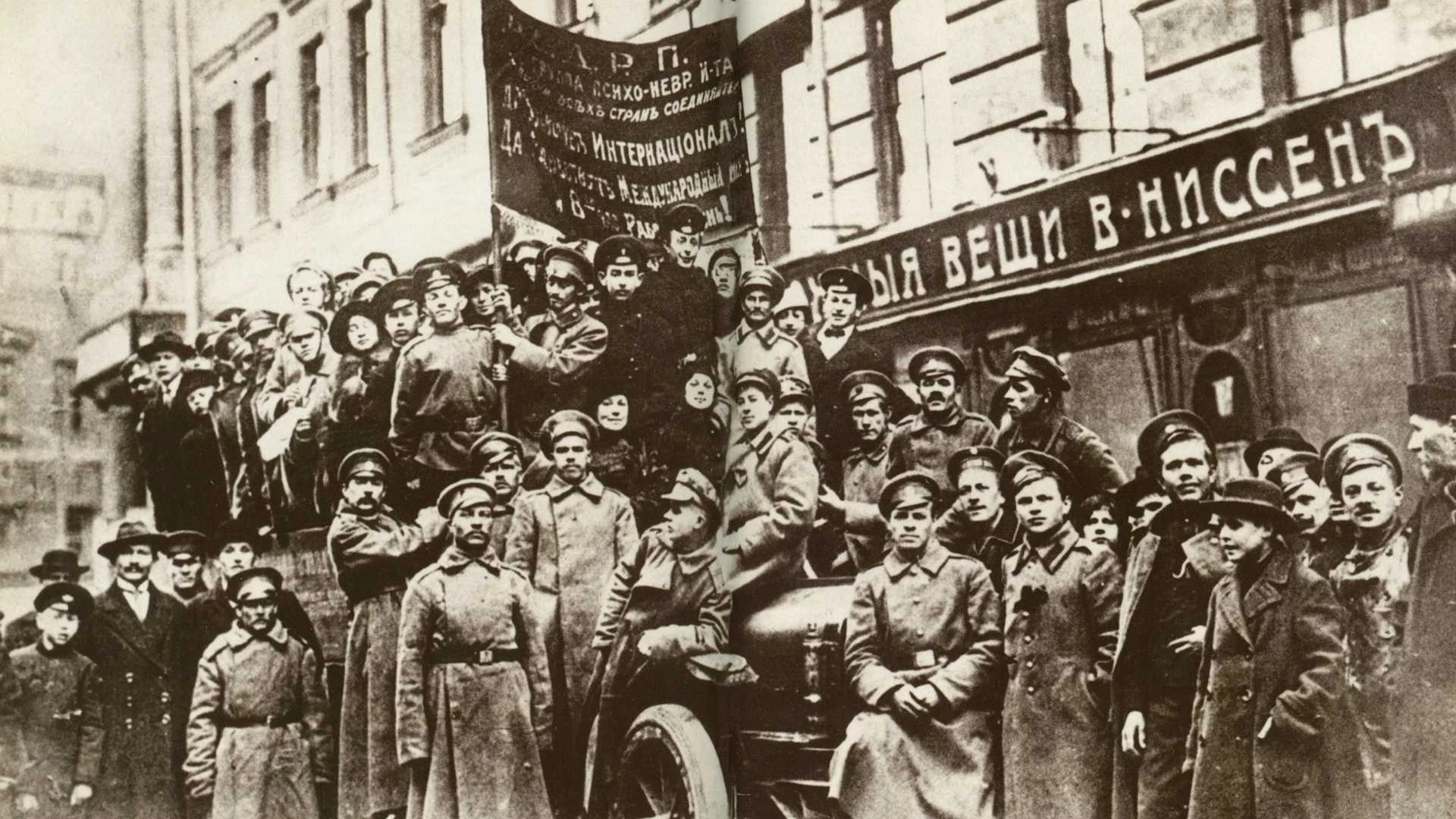Längsschnitt: Revolutionen
The French Revolution of 1789
Hardly any other event in world history has such a fundamental impact as the French Revolution of 1789. It initiates an epochal change in Europe: the end of absolutism which gave unrestricted rule to a monarch, and the beginning of increasing popular sovereignty. From now on, demands for human and civil rights, parliamentarism and democracy determine the political debate. Its intellectual foundation has been laid by the Enlightenment in the 18th century. Now, the bourgeoisie demands political participation, whereas nobility and clergy have to give up their privileged position. The new era, however, also brings new mischief, such as terror in the name of virtue. | In this film version, German interviews and historical or literary quotes remain untranslated.
mehr
weniger
Louis XVI, Versailles, king, God's Grace, Absolutism, Enlightenment, Three Estate society, nobility, clerics, clergy, Third Estate, citizens, bourgeoisie, peasants, Ancien Régime, economic crises, population growth, inflation, States General, financial reform, National Assembly, constitutional revolution, nation, Paris, Storming of the Bastille, People’s Revolution, delegates, privileges, landlords, taxation, popular sovereignty, people’s sovereignty, rights of freedom, freedom rights, Declaration of the Rights of Man and the Citizen, liberty, equality, fraternity, tricolour, Marseillaise, counter-revolution, political clubs, battles, King, Church, Vendée, revolutionary troops, civil war, radicalisation, Maximilien de Robespierre, Committee of Public Safety, Reign of Terror, guillotine, Revolutionary tribunals, executions, Terreur, Constitution, radicals, conservatives, Napoleon Bonaparte, consul, Emperor, legitimisation, leadership, education, enlightenment, human and civil rights
Geeignet für die Fächer:
Geschichte


